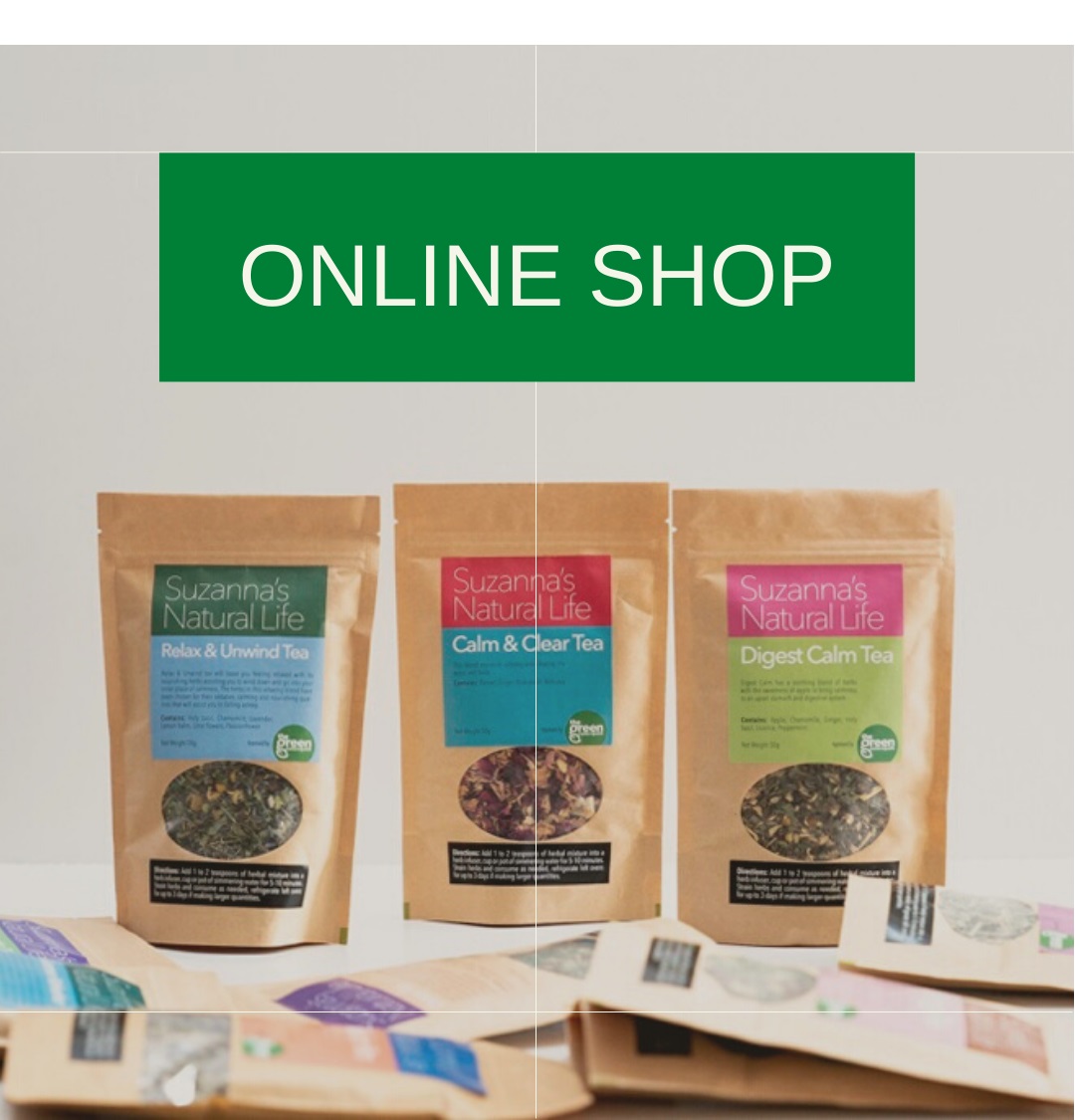
Winter Heart Care: Staying Warm and Nourishing Your Heart Naturally
- Details
- On: 16 Jul 2023
- Written by SuzannaW

Winter brings colder temperatures that can affect our health, including our cardiovascular system. Taking care of your heart becomes even more critical during the colder months. In this blog, we'll explore the connection between cold weather and cardiovascular health, and we'll also share some naturopath-recommended herbs, spices, supplements and tips to help support your heart during winter.
The Winter-Heart Connection: Understanding Vasoconstriction
During winter, our bodies naturally respond to the cold by constricting blood vessels, a process known as vasoconstriction. This mechanism helps conserve heat and maintain our core body temperature. However, vasoconstriction can have implications for cardiovascular health, leading to increased blood pressure and added strain on the heart.
Feeling the Cold: Impact on Blood Flow and Extremities
You might notice that your hands and feet tend to feel colder during winter. Reduced blood flow to the extremities is a common occurrence due to vasoconstriction, which can make them more susceptible to feeling chilly and may even affect wound healing and tissue health.
Winter Challenges: Hypothermia and Heart Strain
Beyond the effects of vasoconstriction, colder temperatures also pose a risk of hypothermia, which can be dangerous for the cardiovascular system and other vital organs. Additionally, the heart must work harder during winter to maintain body temperature and ensure adequate blood supply to all organs, potentially putting those with pre-existing heart conditions at greater risk.
To protect cardiovascular health during colder weather:
- Dress warmly: Wear layers of clothing to insulate your body and prevent excessive heat loss. Don't forget to wear a hat and gloves to protect your extremities.
- Maintain a comfortable indoor temperature: Keeping your home warm can help offset the impact of vasoconstriction on blood pressure.
- Stay physically active: Regular exercise promotes blood circulation and helps generate body heat, keeping you warmer.
- Eat a balanced diet: Consuming warm, nourishing meals can aid in maintaining body temperature and supporting overall health.
- Be mindful of pre-existing heart conditions: If you have a history of cardiovascular issues, consult your healthcare provider for personalized advice on managing your health during colder months.
Top Tips for Winter Heart Care: Stay Warm and Nourished
In addition to the general tips mentioned earlier, I suggest incorporating certain herbs, spices, and supplements into your winter routine to help support heart health:
- Garlic (Allium sativum): Garlic is well-known for its cardiovascular benefits. It may help lower blood pressure, reduce cholesterol levels, and improve blood circulation. Including garlic in your meals or taking garlic supplements can be beneficial for heart health.
- Hawthorn (Crataegus spp.): Hawthorn is a traditional herbal remedy used to support heart function. It may help improve blood flow, strengthen the heart muscle, and regulate blood pressure. You can find hawthorn supplements in health food stores.
- Cayenne Pepper (Capsicum annuum): Cayenne pepper contains a compound called capsaicin, which can help improve blood circulation and promote cardiovascular health. Incorporating a pinch of cayenne pepper into your meals or drinking it in warm herbal teas can be beneficial.
- Omega-3 Fatty Acids: Omega-3 fatty acids are crucial for heart health, commonly found in fish oil supplements. However, vegans can obtain them from plant-based sources like flaxseeds, chia seeds, hemp seeds, and walnuts, rich in alpha-linolenic acid (ALA). For adequate EPA and DHA, essential omega-3s, consider algae-derived supplements, ensuring vegan-friendly heart support. These fatty acids help reduce inflammation, lower triglyceride levels, and support overall cardiovascular function for vegans and non-vegans alike.
- Vitamin D: During winter, with limited sunlight exposure, it's essential to consider vitamin D supplementation. Vitamin D plays a role in maintaining heart health and supporting overall well-being.
As winter embraces us with its chilly beauty, remember to prioritise your heart health. Along with staying warm and following the tips provided earlier, consider incorporating these naturopath-recommended herbs, spices, and supplements into your winter routine. Garlic, hawthorn, cayenne pepper, omega-3 fatty acids, and vitamin D can be valuable additions to your heart-supportive arsenal.
Nourish your heart naturally, and let the warmth of self-care guide you through the winter season. As always, remember that individual health needs vary, and consulting a healthcare professional or naturopath before introducing new supplements is advisable.
Embrace the season with a warm heart, and may your winter be filled with health, joy, and well-being! Stay warm, stay well, and cherish the winter wonders with a heart that's happy and healthy! ❤️
“The human body has been designed to resist an infinite number of changes and attacks brought about by its environment. The secret of good health lies in successful adjustment to changing stresses on the body.” – Harry J. Johnson
MEDICAL DISCLAIMER
This content is for informational and educational purposes only. It is not intended to provide medical advice or to take the place of such advice or treatment from a personal physician. All readers/viewers of this content are advised to consult their doctors or qualified health professionals regarding specific health questions. The Green Naturopath takes no responsibility for possible health consequences of any person or persons reading or following the information in this educational content. All viewers of this content, especially those taking prescription or over-the-counter medications, should consult their physicians before beginning any nutrition, supplement or lifestyle program.




